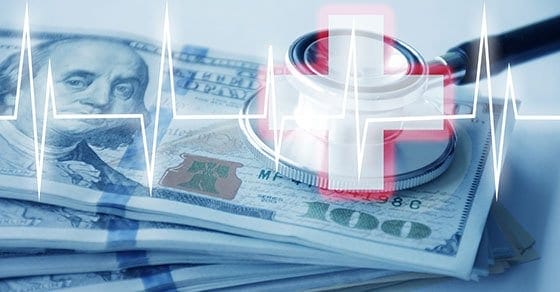
Understanding Reimbursement from the Centers for Medicare and Medicaid Services (CMS) for Remote Patient Monitoring
Remote Patient Monitoring (RPM) has emerged as a critical tool in modern healthcare, enabling providers to track patients' health data outside of traditional clinical settings. The Centers for Medicare and Medicaid Services (CMS) has played a pivotal role in shaping the adoption of RPM by establishing reimbursement policies that make these services more accessible. As
Read More
Transforming Maternal Health: The Power of Remote Patient Monitoring for Moms and Babies
Maternal health is one of the most critical aspects of healthcare, impacting not just mothers but also the well-being of their newborns. According to the Centers for Disease Control and Prevention (CDC), 5% to 9% of U.S. pregnancies every year are affected by gestational diabetes. With the rise of chronic conditions such as gestational diabetes
Read More
Who Can Bill for Remote Therapeutic Monitoring (RTM)?
Remote Therapeutic Monitoring (RTM) has emerged as a pivotal component in modern healthcare, leveraging technology to enhance patient care and engagement, particularly in managing chronic conditions and rehabilitative therapies. As RTM becomes more integral to patient care, understanding who can bill for these services is crucial for healthcare providers looking to implement this technology into
Read More
Remote Therapeutic Monitoring (RTM) vs. Remote Patient Monitoring (RPM): Understanding the Differences
In the rapidly evolving landscape of healthcare, technology continues to revolutionize how care is delivered and how patients are monitored. Two key advancements in this space are Remote Patient Monitoring (RPM) and Remote Therapeutic Monitoring (RTM). While both aim to enhance patient care through the use of technology, they serve distinct purposes and are implemented
Read More
How Remote Therapeutic Monitoring Works and its Benefits
Remote Therapeutic Monitoring (RTM) is a healthcare innovation designed to bridge the gap between in-person care and at-home treatment. It involves the use of digital devices and technology to monitor patients' adherence to therapy, response to treatment, and overall progress outside of traditional clinical settings. RTM primarily focuses on managing musculoskeletal, respiratory, and behavioral health
Read More

